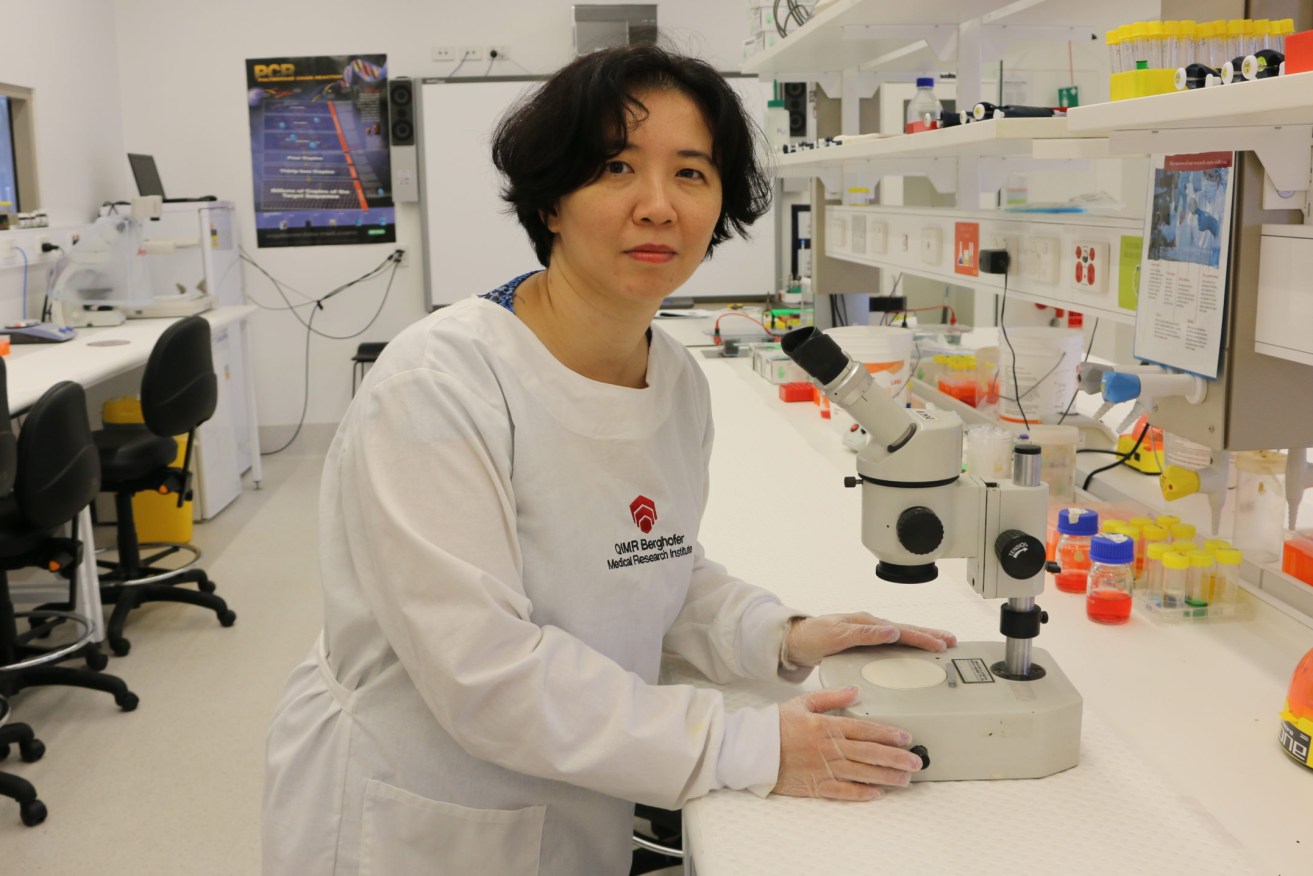Qld researchers find diet may help stop prostate cancer
Queensland researchers have discovered that targeting cholesterol could potentially prevent or help stop the spread of prostate cancer.

Associate Professor Michelle Hill, senior study researcher at QIMR Berghofer, has described the findings as "very exciting". (Supplied)
Researchers from QIMR Berghofer Medical Research Institute and The University of Queensland identifying a change in the funding of a certain protein among people with advanced prostate cancer.
In laboratory tests, they then found that lowering cholesterol can help control the release of that protein from prostate cancer cells, normally ahead of the cancer spreading.
The researchers are now working on a prototype blood test focussed on the protein, that could potentially allow doctors to identify patients who should be given cholesterol lowering drugs to prevent their cancer getting worse.
Senior researcher and head of QIMR Berghofer Medical Research Institute’s Precision and Systems Biomedicine Group, Associate Professor Michelle Hill, said it was a “very exciting” body of work that could have implications for other cancers.
“This understanding of the role cholesterol plays in sending out these metastatic messages to other parts of the body, means we could potentially use statins or other cholesterol lowering drugs to prevent metastases,” Hill said.
“Conversely it might be possible to boost OMEGA-3 levels through supplements to protect against cancer spread.”
The potential breakthrough comes as the pandemic continues to disrupt cancer control, from risk factors such as diet to access to screening programs and even hospital treatment.
Bowel Cancer Australia this week warned that colonoscopy waiting lists have blown out during the pandemic and, without catchup screening, could lead to hundreds more deaths.









